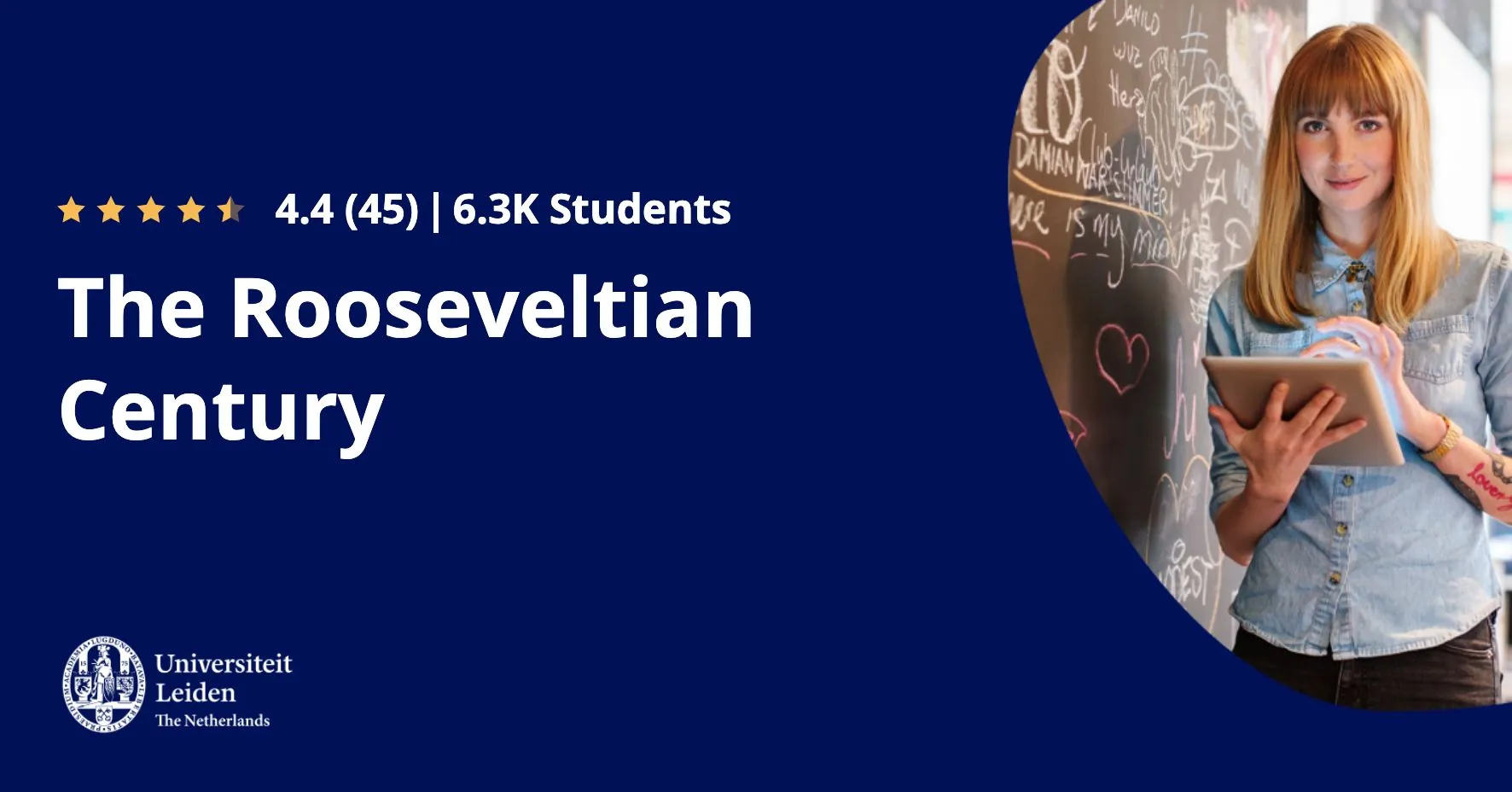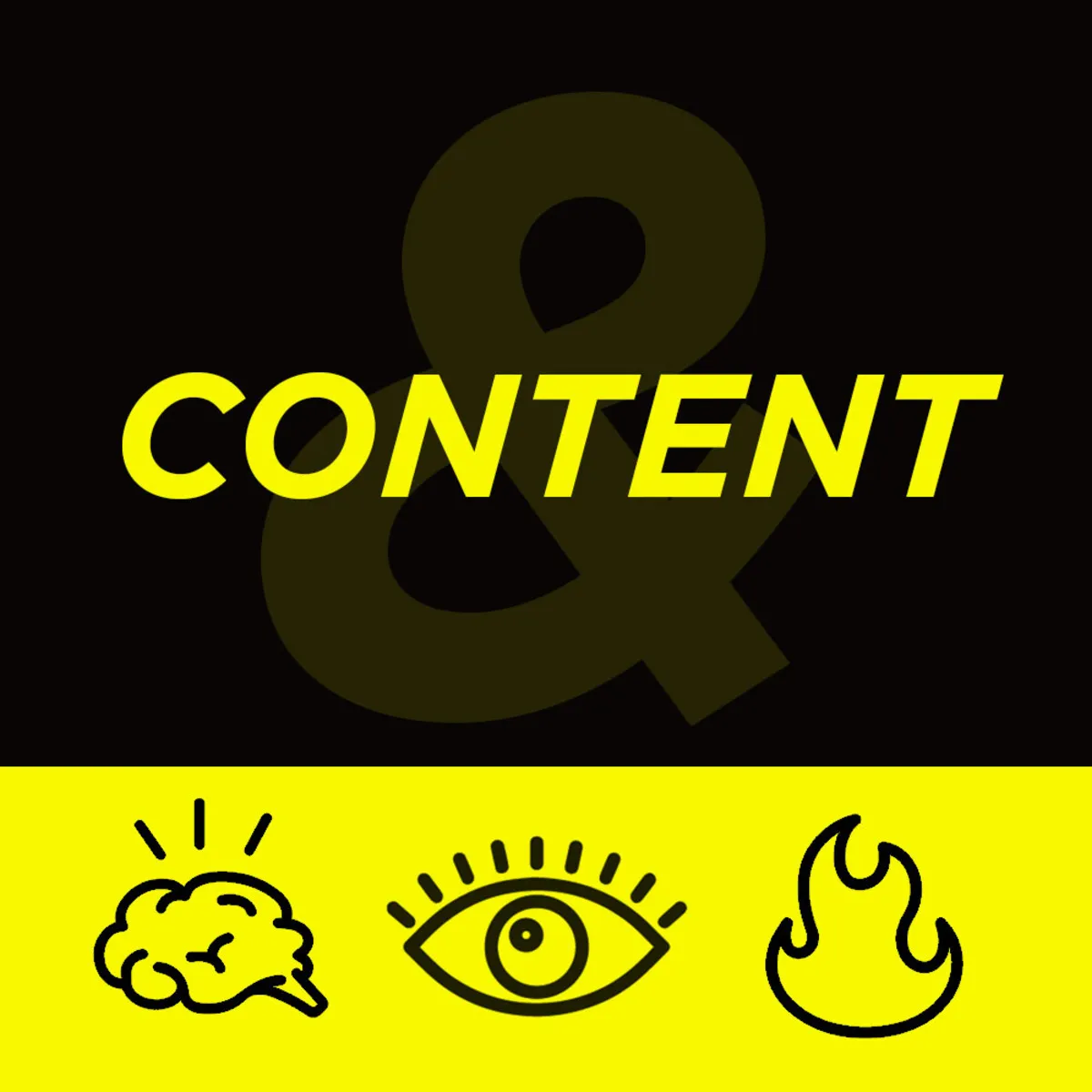
The Rooseveltian Century 
This course examines the lives, ideals, and accomplishments of the Roosevelt family, exploring the concept of a "Rooseveltian century" and its impact on the 20th century. Offered by Universiteit Leiden, it provides an in-depth look at the legacy of the Roosevelt family. ▼
ADVERTISEMENT
Course Feature
![]() Cost:
Cost:
Free
![]() Provider:
Provider:
Coursera
![]() Certificate:
Certificate:
No Information
![]() Language:
Language:
English
![]() Start Date:
Start Date:
Self Paced
Course Overview
❗The content presented here is sourced directly from Coursera platform. For comprehensive course details, including enrollment information, simply click on the 'Go to class' link on our website.
Updated in [March 06th, 2023]
This course, The Rooseveltian Century, uses the lives, ideals and achievements of Theodore, Franklin, and Eleanor Roosevelt to create the idea of a Rooseveltian century. It encourages students to do research, analyze primary sources, and connect all this information with a coherent and logical interpretation. It is an invitation to think critically and historically, and it gives students a glimpse of what it means to be a historian at work. Students will be able to gain a better understanding of the Rooseveltian century and the impact it had on the world.
[Applications]
The application of this course can be seen in many ways. Students can use the research and analysis skills they have learned to explore other historical figures and events. They can also use the critical thinking skills they have developed to evaluate current events and their implications. Additionally, students can use the knowledge they have gained to create their own interpretations of history and to better understand the complexities of the past. Finally, the course can be used to inspire students to become more engaged in their own communities and to become more active in the pursuit of social justice.
[Career Paths]
1. Historian: Historians research, analyze, and interpret the past to better understand the present. They use primary sources such as documents, artifacts, and interviews to uncover the stories of the past. Historians are in high demand in the public and private sectors, and the field is expected to grow in the coming years.
2. Archivist: Archivists are responsible for preserving and organizing historical documents and artifacts. They work in museums, libraries, and other institutions to ensure that these materials are properly stored and accessible to the public. The demand for archivists is expected to increase in the coming years.
3. Museum Curator: Museum curators are responsible for the care and display of museum collections. They research and acquire artifacts, develop exhibitions, and create educational programs. The demand for museum curators is expected to increase in the coming years as museums become more popular.
4. Public Historian: Public historians work in museums, archives, and other public institutions to make history accessible to the public. They create educational programs, develop exhibits, and conduct research. The demand for public historians is expected to increase in the coming years as more people become interested in learning about the past.
[Education Paths]
1. History: History is the study of past events, people, and cultures. It is a field of study that covers a wide range of topics, from ancient civilizations to modern times. It is a field that is constantly evolving, as new discoveries are made and new interpretations are formed. With a degree in history, you can pursue a career in academia, government, or the private sector.
2. Political Science: Political science is the study of governments, public policies, and political processes. It is a field that examines the structure and functioning of governments, as well as the behavior of individuals and groups within them. With a degree in political science, you can pursue a career in public policy, international relations, or law.
3. Economics: Economics is the study of how people, businesses, and governments make decisions about the allocation of resources. It is a field that examines the production, distribution, and consumption of goods and services. With a degree in economics, you can pursue a career in finance, business, or public policy.
4. Sociology: Sociology is the study of social behavior and social structures. It is a field that examines the relationships between individuals, groups, and societies. With a degree in sociology, you can pursue a career in social work, public policy, or research.
Pros & Cons

Interesting leadership of 3 Roosevelts.

Excellent tutor and interviews with specialists.

Emphasis on selected themes in the 20th century.

Great American history course.

Very interesting course.

Dates are important.

Demanding final essay.

Writing research papers.

Not suitable for elderly.

No Ken Burns films.
Course Provider

Provider Coursera's Stats at AZClass
Discussion and Reviews
0.0 (Based on 0 reviews)
Explore Similar Online Courses

Linear Classifiers in Python

SEO Training Course by Moz

Python for Informatics: Exploring Information

Social Network Analysis

Introduction to Systematic Review and Meta-Analysis

The Analytics Edge

DCO042 - Python For Informatics

Causal Diagrams: Draw Your Assumptions Before Your Conclusions

Whole genome sequencing of bacterial genomes - tools and applications

Curanderismo: Traditional Healing Using Plants

Storytelling in Branding and Content Marketing

The Modern World Part Two: Global History since 1910
 Related Categories
Related Categories
 Popular Providers
Popular Providers
Quiz
 Submitted Sucessfully
Submitted Sucessfully
1. Which of the following is not a Roosevelt?
2. What is the main focus of this course?
3. What is the title of this course?


Start your review of The Rooseveltian Century